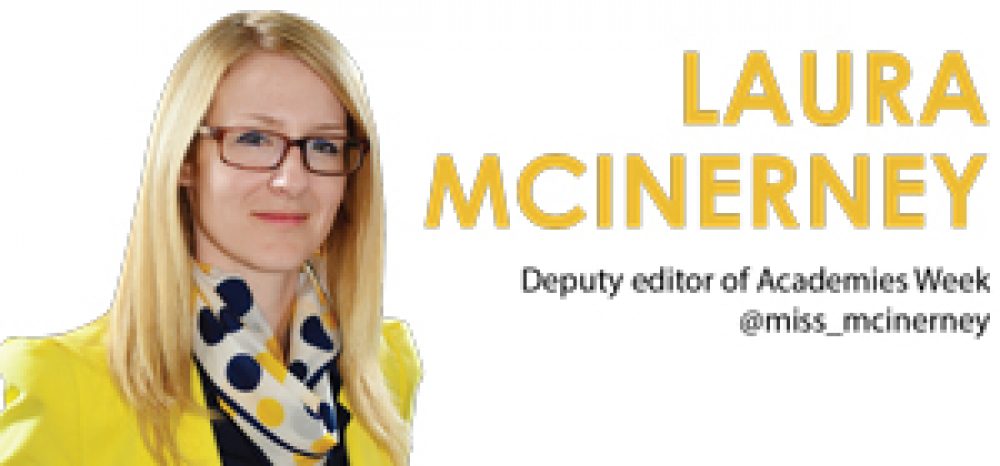At 9.30am yesterday Michael Wilshaw launched Ofsted’s Annual Report.
As ever, there were pre-arranged sound bites and heavily suggested take-away points. But if you dig down into the report (and its regional ones) there are a few extra nuggets that you may have missed.
1.Too many academies do not receive effective challenge and support
Wilshaw said he was “disturbed” by the fall in standards at some standalone academies. Without local authority or multi-academy trust support the schools are basically mini-kingdoms, and it seems that when they go wrong there are few mechanisms for getting them back on course.
2. There will be 900,000 more children attending school in the next 10 years
The report says that by 2023, there will be nearly 900,000 more children – a rise in numbers not seen since the 60s. It also points out that this is a bit worrying when entrants to teacher training have fallen 16% since 2009/10.
3. It is too early to judge the performance of free schools
So can the politicians please stop trying? The report states that only 76 of 237 have so far been inspected so it’s difficult to make out any patterns, but of the ones seen, free schools look to be about the same as any other school.
4. Small school sixth-forms are a concern
Their small size limits their subject range and can mean students are not properly advised of alternative options that might be better.
5. Children with special needs in mainstream schools are often supported by staff with the least expertise in teaching methods
This appears to be a quiet sideswipe at the way many children with SEN are given inexperienced teaching assistants, although that isn’t directly said in the report. (It just says, almost to the letter, what’s in the heading above).
6. Schools are not doing enough to help the most able
Ofsted drew attention to this in their previous report and are still concerned – especially as high-achieving primary pupils are not going on to achieve highly at GCSE.
7. Teachers should train in parts of the country where we most need them to teach
Given that most newly qualified teachers take their first job where they train, the report suggests they should be trained in the areas with the biggest recruitment problems. This sounds great, but it forgets that most people train where they want to live. Sending them off for training will still likely mean they’ll return to the place where they wish to live for a permanent job.
8. After inspection, 90% of schools thought their judgement was accurate and fair
There’s not a lot of love for Ofsted in most schools right now, but this survey figure suggests they are not as far off the mark in judgements (at least) as many have argued.
Laura McInerney is Editor of Schools Week







One of the problems with this sort of report is that it seldom gives enough information/data to examine if the conclusions drawn are reasonable….e.g. #8? Survey of how many schools? If a school got an outstanding, and thought they were lucky, would they decide that the judgement was not accurate or fair…etc. etc.
Precisely. It was the same with Ofsted’s low level disruption report ‘below the radar’. All manor of sweeping statements and generalisations made on the basis of ‘a teacher said… ‘ For such an influential organisation Ofsted really should be more rigorous in its reporting of its own research.
Sir Michael says previously high-attaining pupils (ie those with Level 5 in Sats) don’t achieve their ‘potential’ if they don’t achieve GCSE A or A*. But high-attaining pupils make expected progress if they reach B according to the Government’s expected progress for Level 5 pupils.
Sir Michael appears to be changing the goalposts.
http://www.education.gov.uk/schools/performance/archive/schools_10/s11.shtml